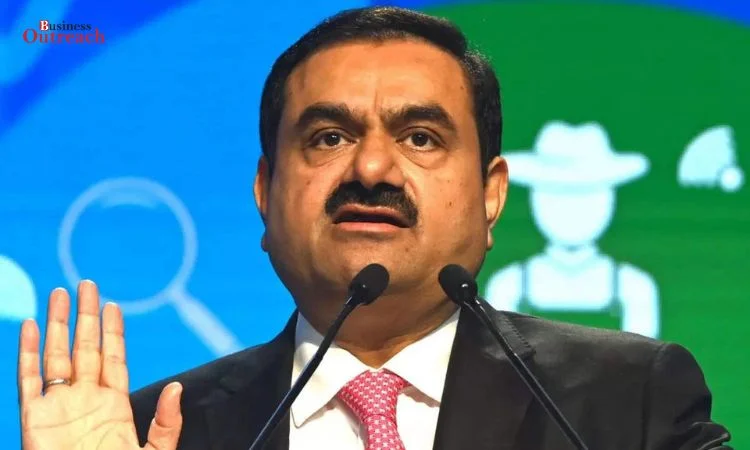In a significant move that could reshape India’s fintech landscape, Gautam Adani is reportedly in advanced talks with Vijay Shekhar Sharma to acquire a substantial stake in Paytm, one of India’s leading digital payment platforms. This potential acquisition highlights Adani’s expanding footprint beyond traditional industries into the burgeoning tech sector.

The discussions between Adani Group and Paytm are focused on finalizing the contours of the deal, which, if successful, would mark Adani’s entry into the competitive digital payments market. Paytm, founded by Vijay Shekhar Sharma in 2010, has become a household name in India, offering a range of services from digital wallets to e-commerce and financial services.
For Adani, this move could be seen as part of a broader strategy to diversify its business portfolio. The conglomerate, known for its significant presence in infrastructure, energy, and logistics, has been actively seeking opportunities in technology and digital services. By acquiring a stake in Paytm, Adani would gain access to its extensive user base and advanced technology platform, potentially integrating it with its existing services and infrastructure projects.
Adani’s interest in Paytm aligns with the global trend of traditional industries investing in tech startups to leverage digital innovation. This diversification could enhance the group’s resilience against sector-specific downturns and position it strategically in the high-growth fintech sector.
For Paytm, partnering with a conglomerate of Adani’s stature could provide substantial benefits. The financial infusion from Adani could bolster Paytm’s capital base, enabling further innovation and expansion in its service offerings. Additionally, Paytm could leverage Adani’s extensive network and infrastructure to enhance its reach and efficiency.
This partnership could also bring strategic synergies. Adani’s experience in large-scale operations and infrastructure development could complement Paytm’s technological expertise, potentially leading to new business models and services that blend physical and digital infrastructures.
Market reactions to the potential deal have been mixed. While some analysts view this as a positive development that could provide Paytm with the financial muscle to compete more aggressively against rivals like Google Pay and PhonePe, others caution that integrating the operations and cultures of two vastly different organizations could pose significant challenges.
If the deal goes through, it would likely set a precedent for further consolidation in the Indian fintech sector. Competitors may seek similar alliances or ramp up their investment to stay competitive. The deal would also underscore the growing importance of digital financial services in India’s economic landscape, driven by increasing smartphone penetration and digital literacy.
This potential acquisition is a testament to the shifting dynamics in India’s business environment, where traditional industry leaders are increasingly recognizing the value of digital innovation. It could pave the way for more cross-industry collaborations, driving innovation and growth in the digital economy.
Furthermore, it reflects the increasing globalization of Indian fintech, as major players seek to scale up and compete on a global stage. With Adani’s global footprint, Paytm could potentially expand its services beyond India, tapping into international markets and leveraging Adani’s global presence.
In conclusion, Gautam Adani’s potential acquisition of a stake in Paytm is more than just a business transaction; it is a strategic move that could redefine the contours of India’s digital economy. Whether it leads to a seamless integration and enhanced service offerings or faces hurdles along the way, it will undoubtedly be a development to watch closely in the coming months.















